May 20, 2025
Making the Most of Your Finite Life: Insights from Oliver Burkeman
In the grand tapestry of life, each of us has just about 4,000 weeks to make our mark. Author Oliver Burkeman shares thought-provoking insights on embracing our finiteness, letting go of perfectionism, and finding meaning in the everyday moments. This blog explores the key themes from our conversation, guiding you to live a more fulfilling life now, rather than waiting for the 'perfect' moment.
The Illusion of Infinite Time
Many of us live our lives under a comforting illusion: the belief that we have infinite time. It’s a denial of our mortality, a way to escape the reality that our time is limited. We often convince ourselves that we can always do things later, that we have more time to achieve our dreams or mend our relationships. This mindset can be detrimental. It leads to procrastination and missed opportunities.
Recognizing the finite nature of our existence can be liberating. When we accept that our time is limited, we begin to prioritize what truly matters. Instead of getting lost in the endless cycle of tasks, we can focus on experiences that bring joy and fulfillment. This is a key theme in Oliver Burkeman's work, encouraging us to confront our reality and make choices that align with our values.
Understanding Our Finite Existence
Understanding our finite existence is not just about acknowledging death; it’s about recognizing the urgency of living fully. Each week we have is precious, and it’s vital to make the most of it. Burkeman emphasizes that life is not about waiting for the perfect moment but about making the present moment meaningful.
By realizing that our time on Earth is limited, we can shift our perspective. We may find ourselves asking questions like: What do I want to accomplish? What relationships matter most to me? How can I create lasting memories? These questions guide us to make intentional choices that enhance our lives.
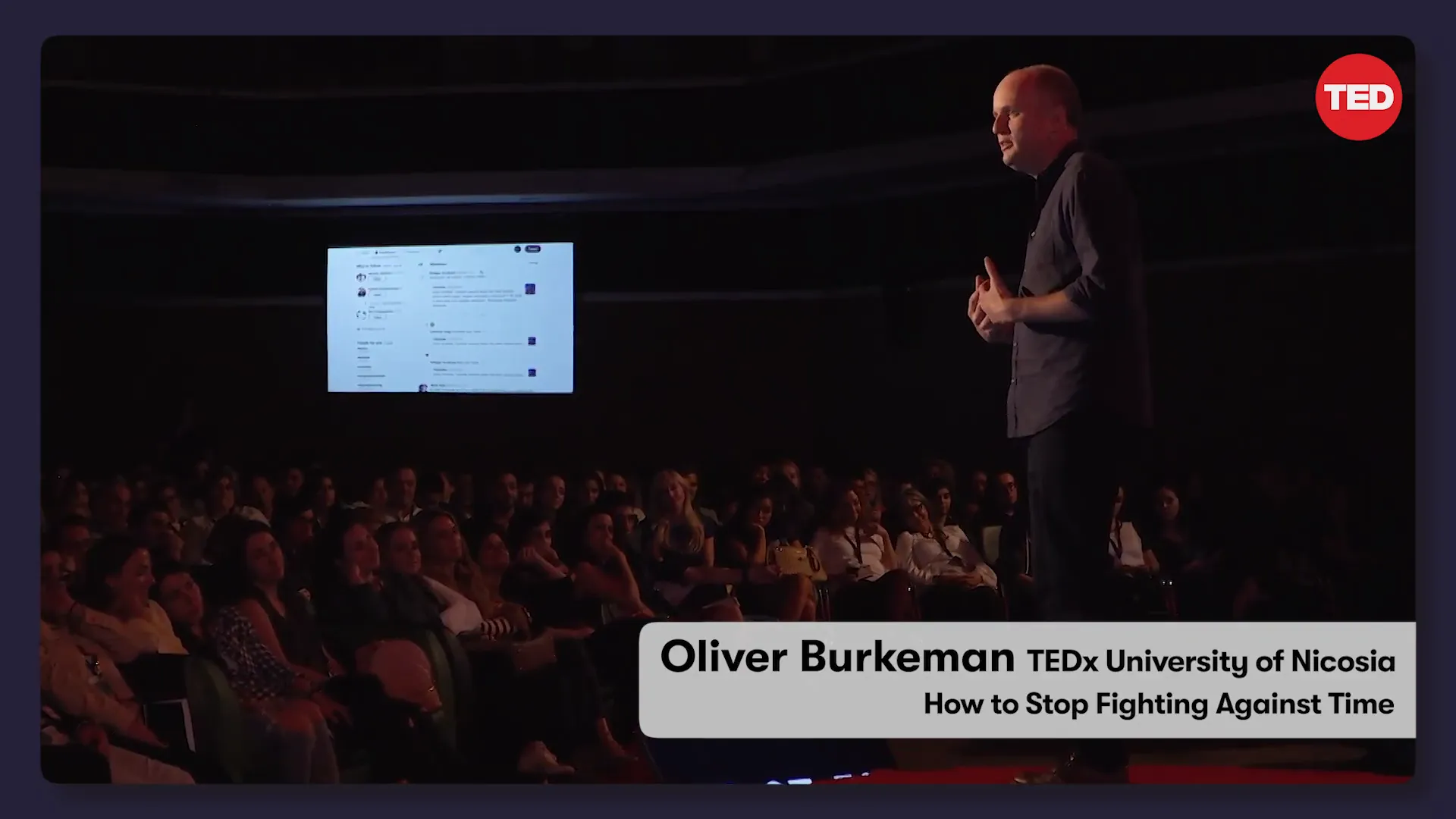
Meet Oliver Burkeman
Oliver Burkeman is a writer and journalist whose thought-provoking ideas challenge conventional notions of time management. His book, Four Thousand Weeks, explores the concept of time from a unique perspective, urging readers to embrace their limitations rather than resist them. Burkeman's insights encourage us to focus on what truly matters in our limited time.
His latest work, Meditations for Mortals, builds on these themes, exploring how we can find meaning and purpose in the everyday moments of our lives. Through his writing, Burkeman invites us to rethink our relationship with time and to live with intention.
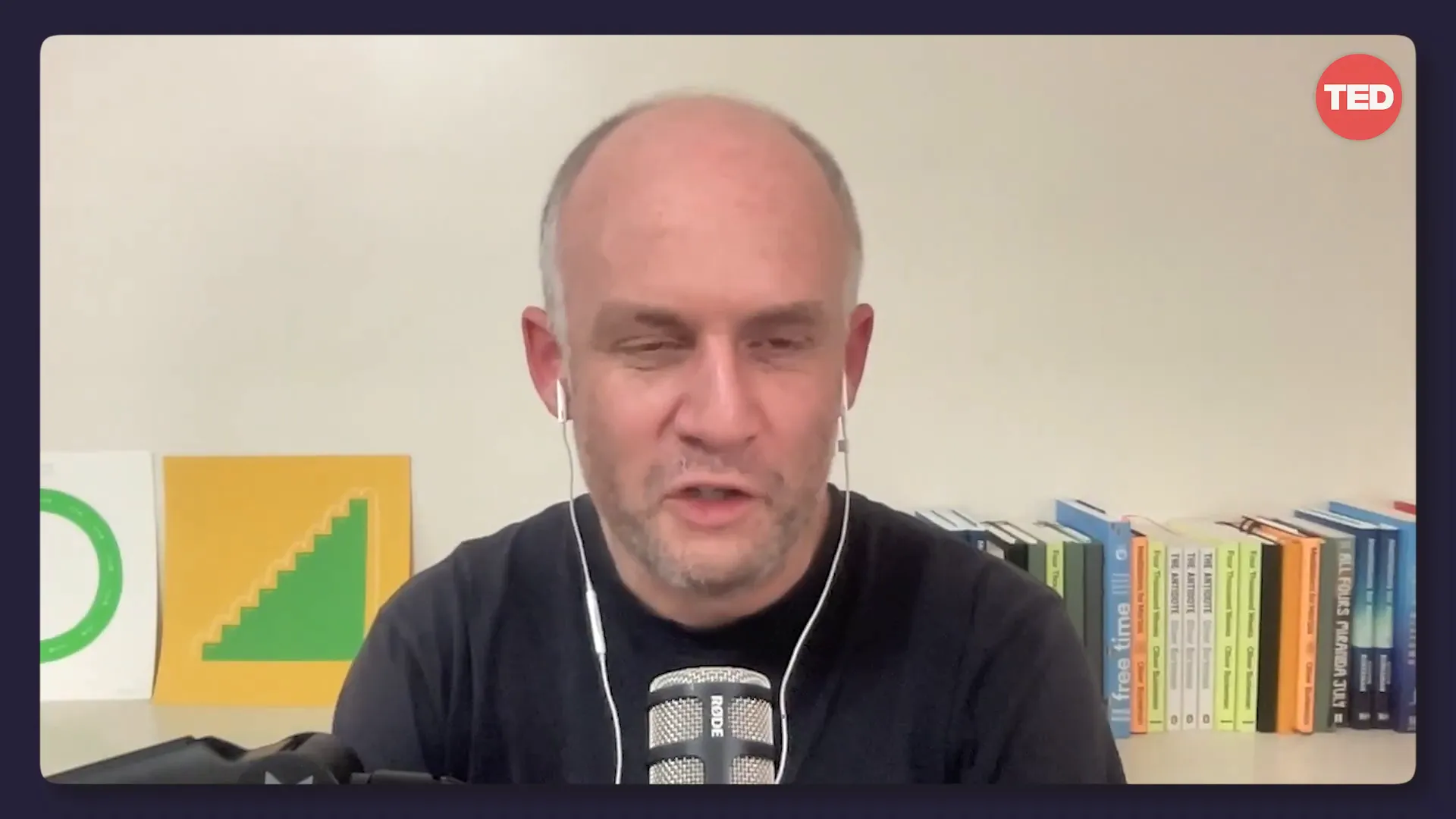
A Life-Changing Move
Burkeman’s recent move from Brooklyn to the rural North York Moors serves as a testament to his beliefs about time and living meaningfully. This transition was not merely a geographical shift but a profound change in perspective. Living in a rural area has helped him appreciate the beauty of his environment and the importance of connecting with nature.
In the hustle and bustle of urban life, it’s easy to lose sight of the small joys. However, in the quiet of the countryside, Burkeman has found a renewed sense of purpose. He emphasizes that such changes, while significant, do not automatically solve life’s problems. Instead, they provide the space to reflect on how we choose to spend our time.
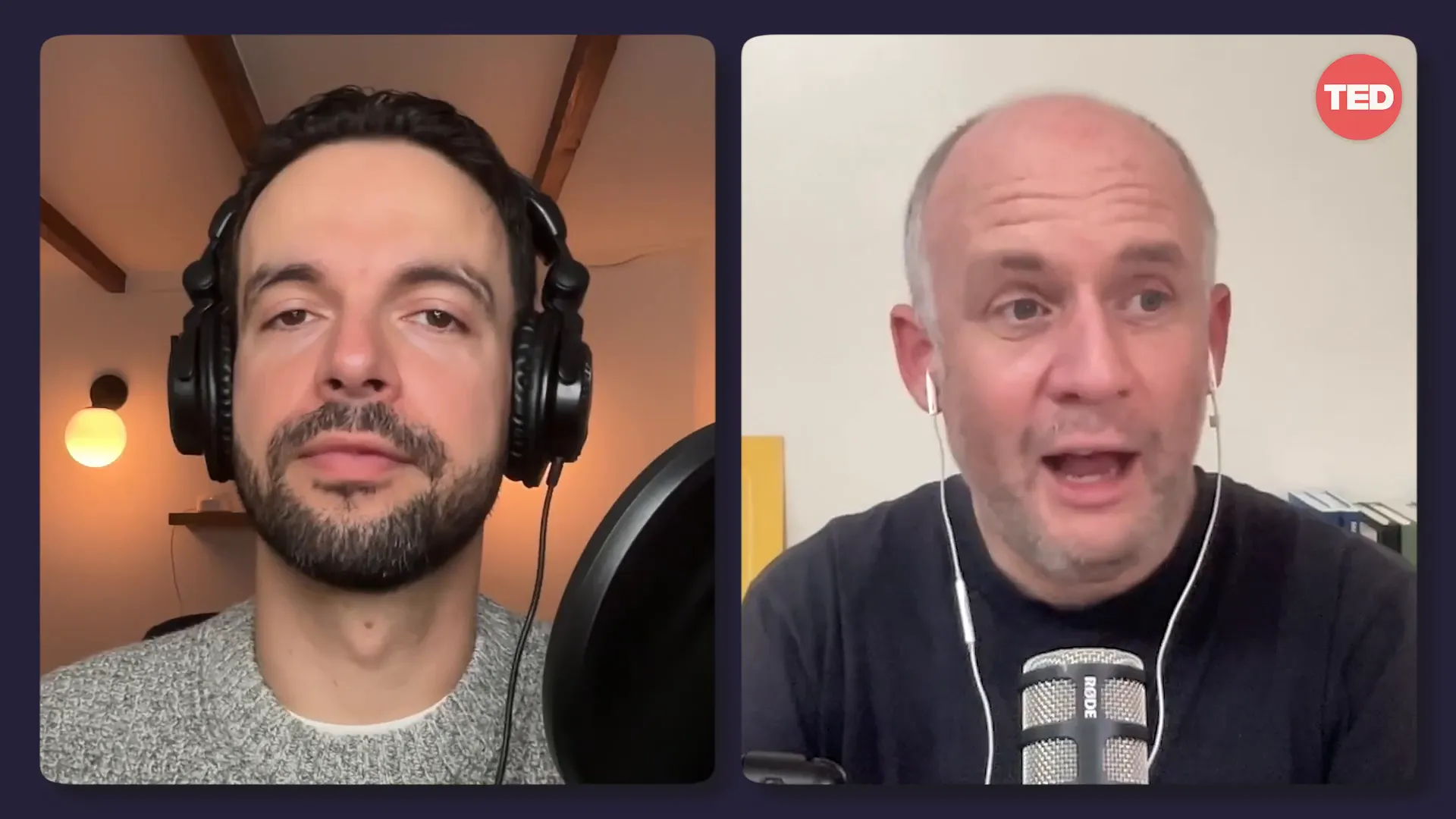
The Value of Rural Living
Living in a rural community offers unique advantages that can greatly influence our perception of time. In contrast to urban life, where everything is fast-paced and convenience-driven, rural living encourages a slower, more deliberate approach. Burkeman points out that this shift has made him more mindful of his daily choices.
- Connection to Nature: Surrounded by breathtaking landscapes, rural living fosters a deeper connection to the environment. This connection can enhance our well-being and help us appreciate the present moment.
- Community Engagement: In smaller towns, social interactions become more meaningful. Neighbors rely on each other, creating a sense of belonging that is often missing in larger cities.
- Deliberate Living: The inconveniences of rural life, such as planning ahead for meals, force us to slow down and think intentionally about our choices.
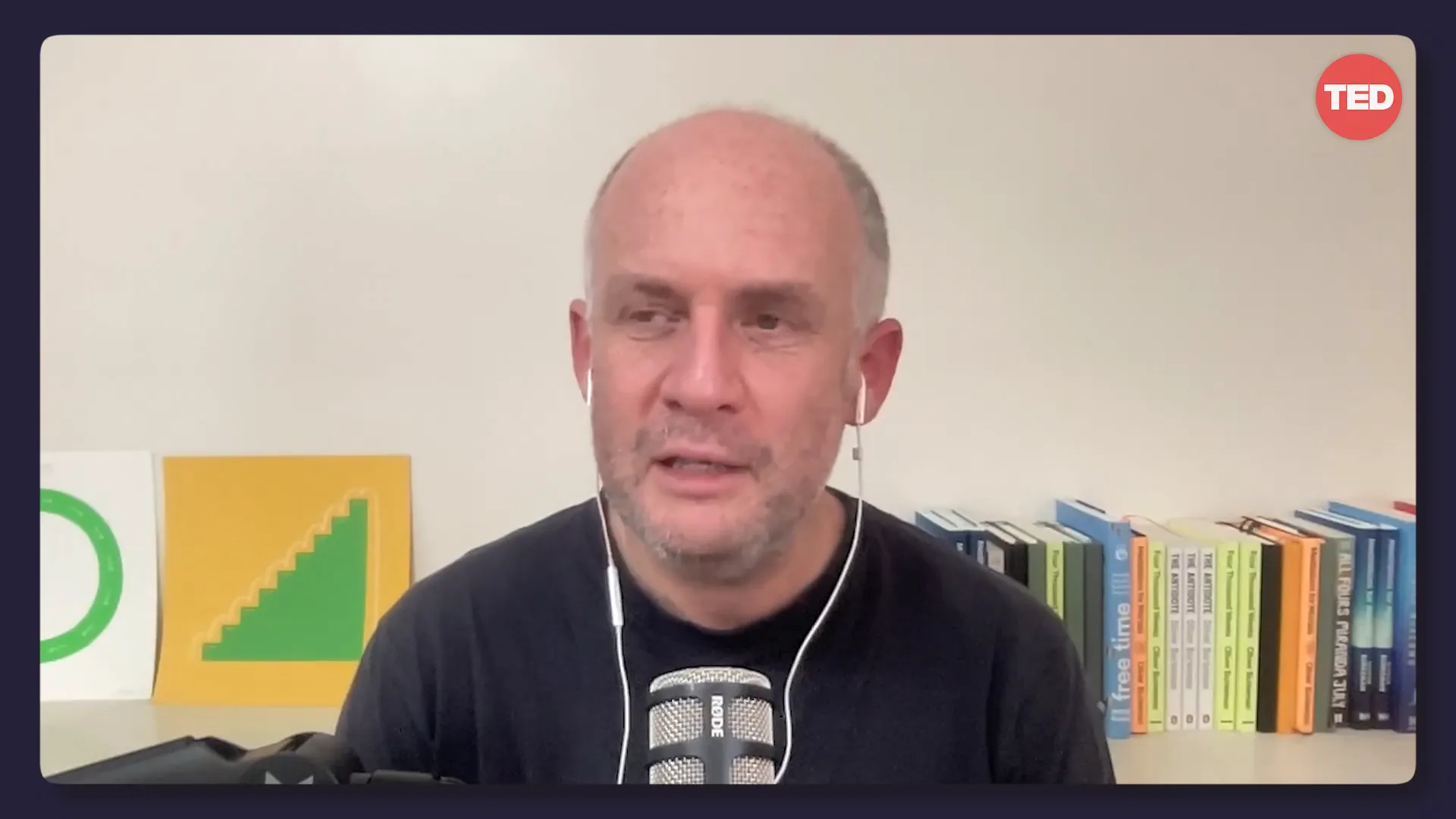
Finding Meaning in the Present
Finding meaning in the present is a central theme in Burkeman's philosophy. He argues that rather than waiting for a dramatic life change, we should focus on making our current experiences fulfilling. This involves recognizing that the 'perfect' moment will never come.
Burkeman encourages us to embrace our imperfections and limitations, as these are what make us human. By accepting ourselves as we are, we can begin to live more authentically. This mindset fosters a greater appreciation for the everyday moments that often go unnoticed but are vital for a fulfilling life.

The Myth of the Big Life Change
The idea that we need a major life change to find happiness is a myth that many of us cling to. Burkeman argues that even significant changes, like moving to a new city or starting a new job, do not automatically resolve our internal struggles. The truth is that we carry our issues with us wherever we go.
Instead of searching for the next big change, we should focus on the here and now. Burkeman's insights remind us that happiness and fulfillment come from within. By acknowledging our current circumstances and making small, meaningful adjustments, we can create a life that resonates with us.
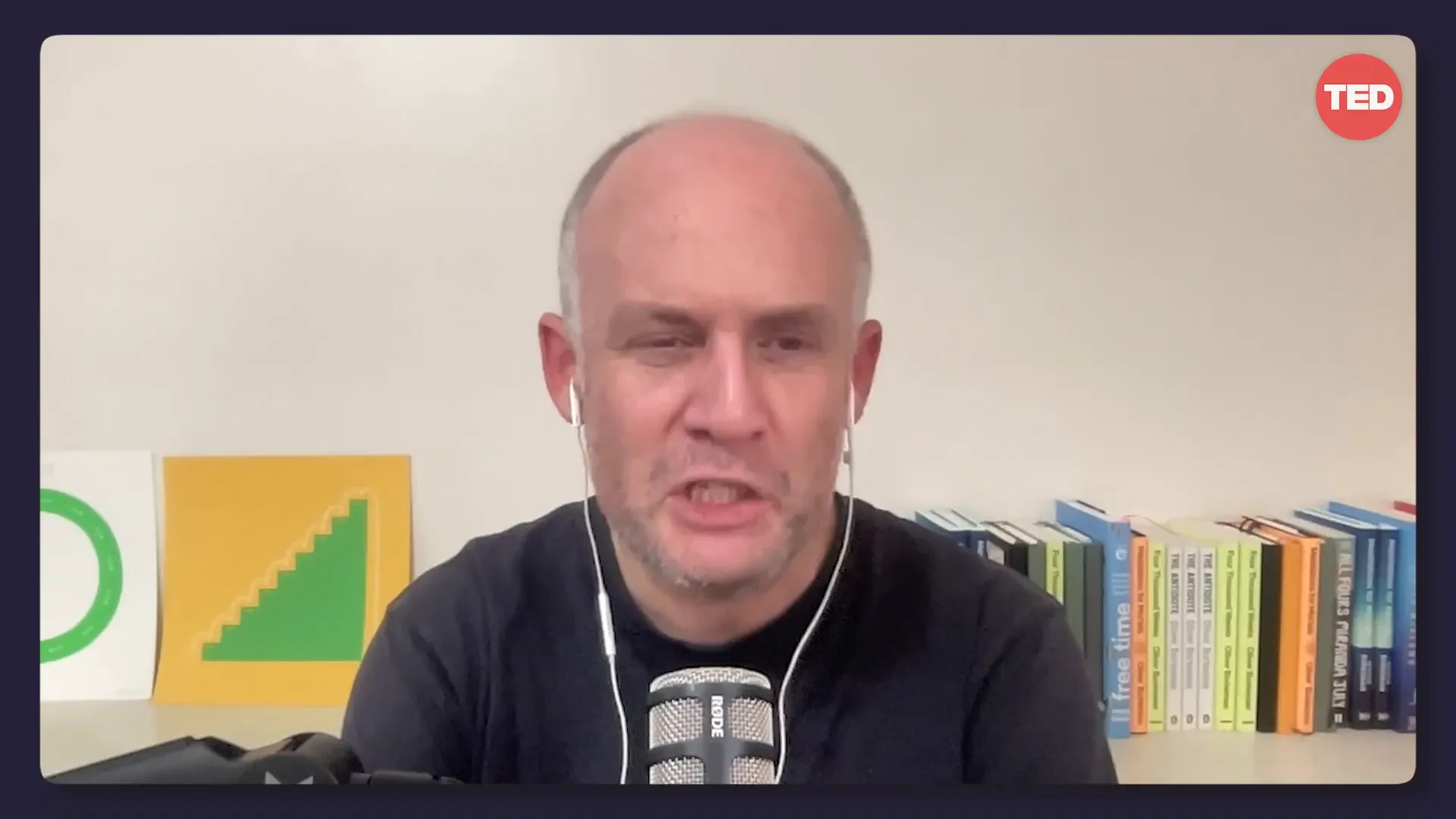
Defining Imperfectionism
Imperfectionism is a concept that Burkeman explores extensively in his work. It’s the idea that we don’t have to strive for perfection to lead a meaningful life. In fact, the pursuit of perfection can often hinder our progress and lead to disappointment.
By embracing imperfectionism, we allow ourselves to be vulnerable and authentic. This approach encourages us to take risks, make mistakes, and learn from them. It’s about finding beauty in the flaws and understanding that every experience contributes to our growth.
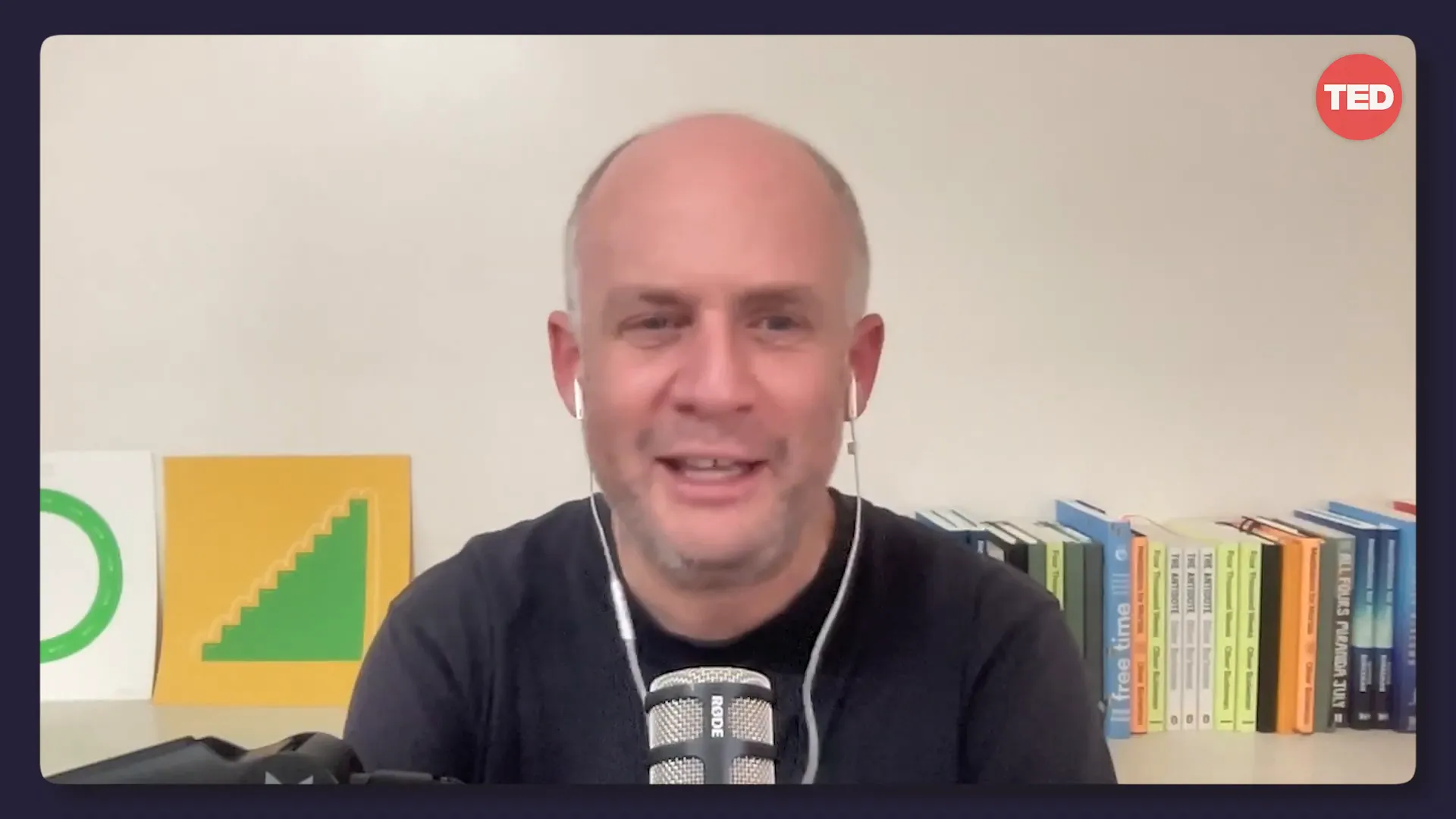
The Concept of Four Thousand Weeks
The notion of having just four thousand weeks to live can be both empowering and daunting. It serves as a stark reminder of our limited time on this planet. Each week represents an opportunity, a chance to prioritize what truly matters. Yet, it also highlights the pressure we might feel to make every moment significant.
Burkeman's perspective encourages us to reframe our understanding of time. Rather than viewing it as a countdown to a finite end, we can see it as a canvas for meaningful experiences. The key is not in cramming our lives with extraordinary events but in recognizing the beauty in the ordinary moments.
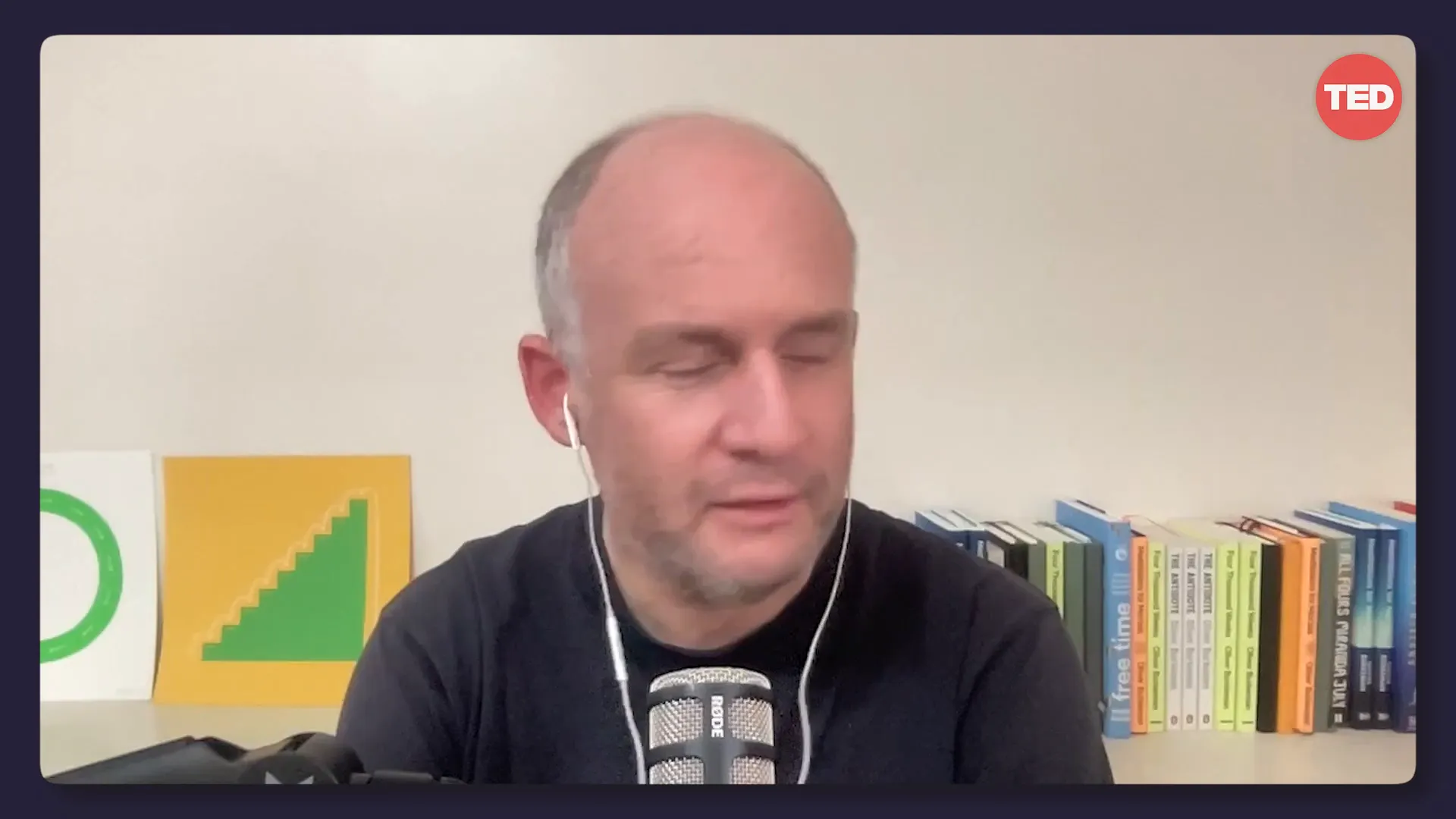
Liberation Through Acceptance
Acceptance is a powerful tool in navigating our finite existence. When we embrace our limitations, we free ourselves from the relentless pursuit of perfection. Burkeman argues that recognizing our constraints allows us to focus on what we can control and let go of the rest.
This acceptance leads to liberation. Instead of feeling defeated by the enormity of life’s possibilities, we can find joy in simply being present. We can invest our energy in what genuinely resonates with us, rather than stretching ourselves thin trying to do it all.
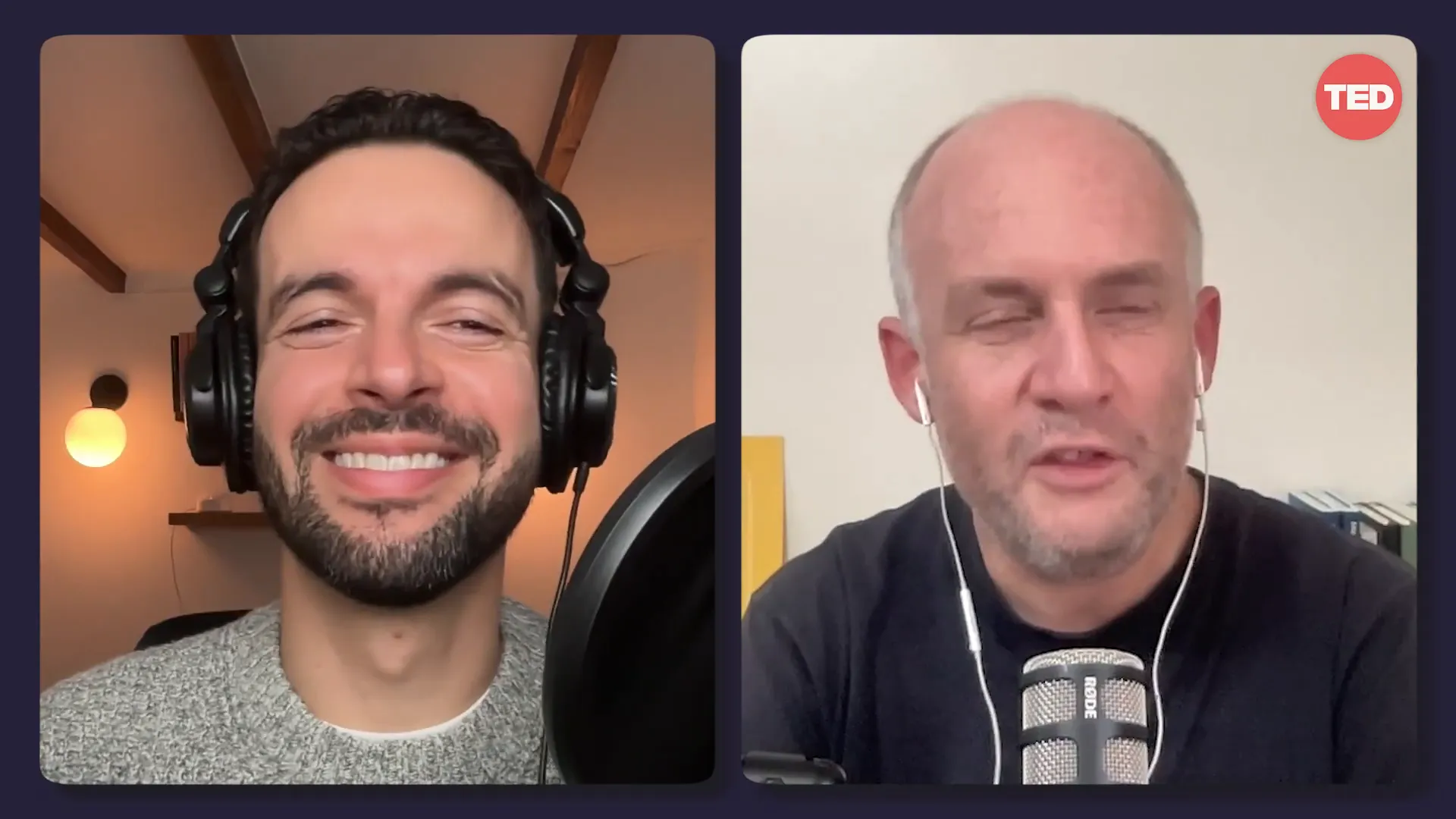
Living Fully Now
Living fully in the present is essential for a fulfilling life. Burkeman emphasizes that the 'perfect' moment to start living your best life will never arrive. Instead, we must take action now, embracing our current circumstances and making the most of them.
Every day is an opportunity to engage with life, to connect with others, and to pursue our passions. By shifting our focus from the distant future to the here and now, we cultivate a sense of urgency that propels us to act. This mindset fosters a richer, more vibrant experience of life.
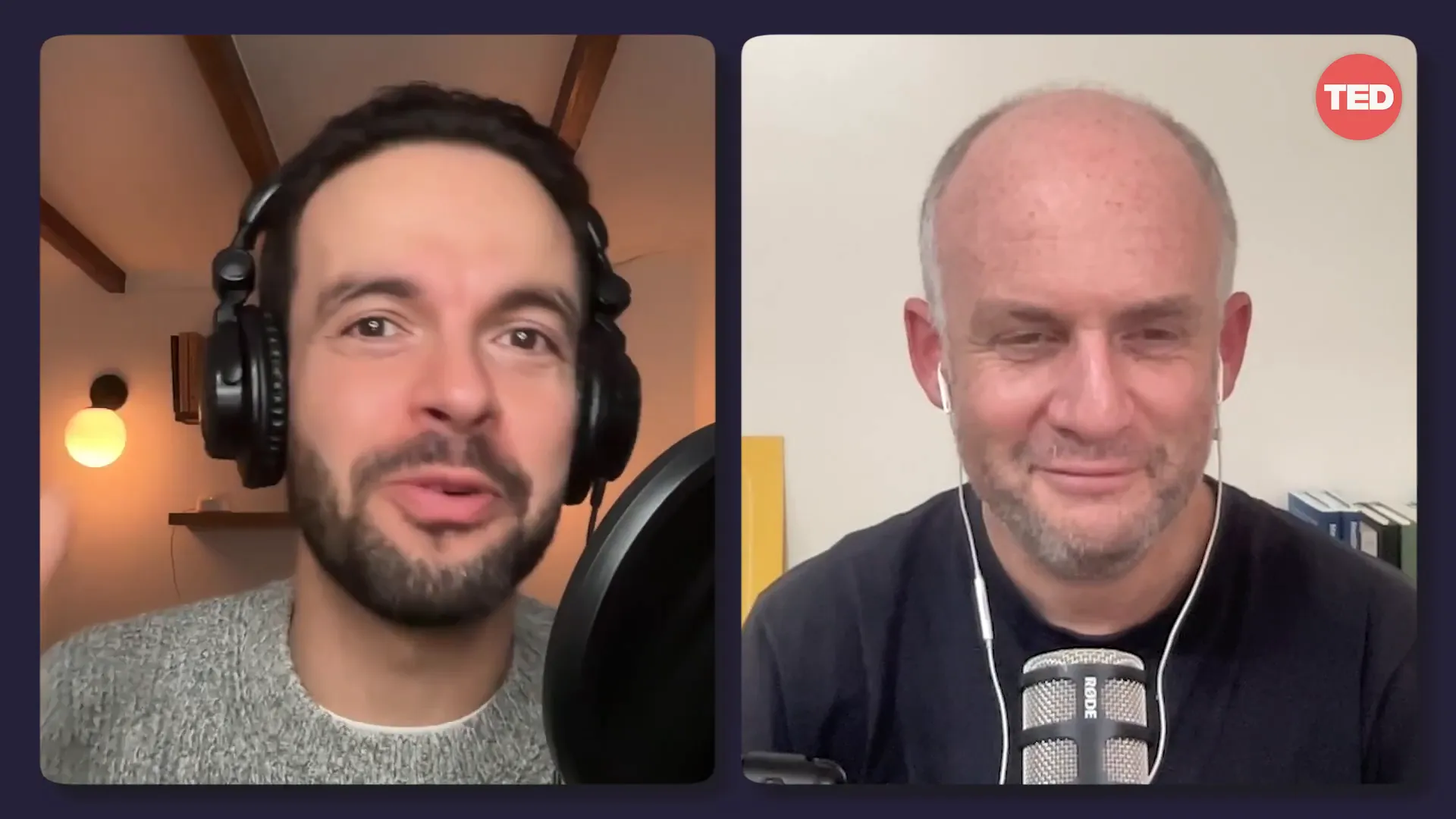
The Cliché of Last Wishes
There's a common cliché that surfaces when people contemplate their last wishes. The typical response often includes grand gestures—traveling the world, indulging in extravagant experiences, or seeking thrills. However, Burkeman challenges us to reconsider what truly matters in our final moments.
In reality, facing the end often brings clarity. We might find ourselves wanting to spend time with loved ones, engaging in simple yet profound activities that bring us joy. This perspective encourages us to reflect on our lives now and prioritize the connections and experiences that genuinely fulfill us.
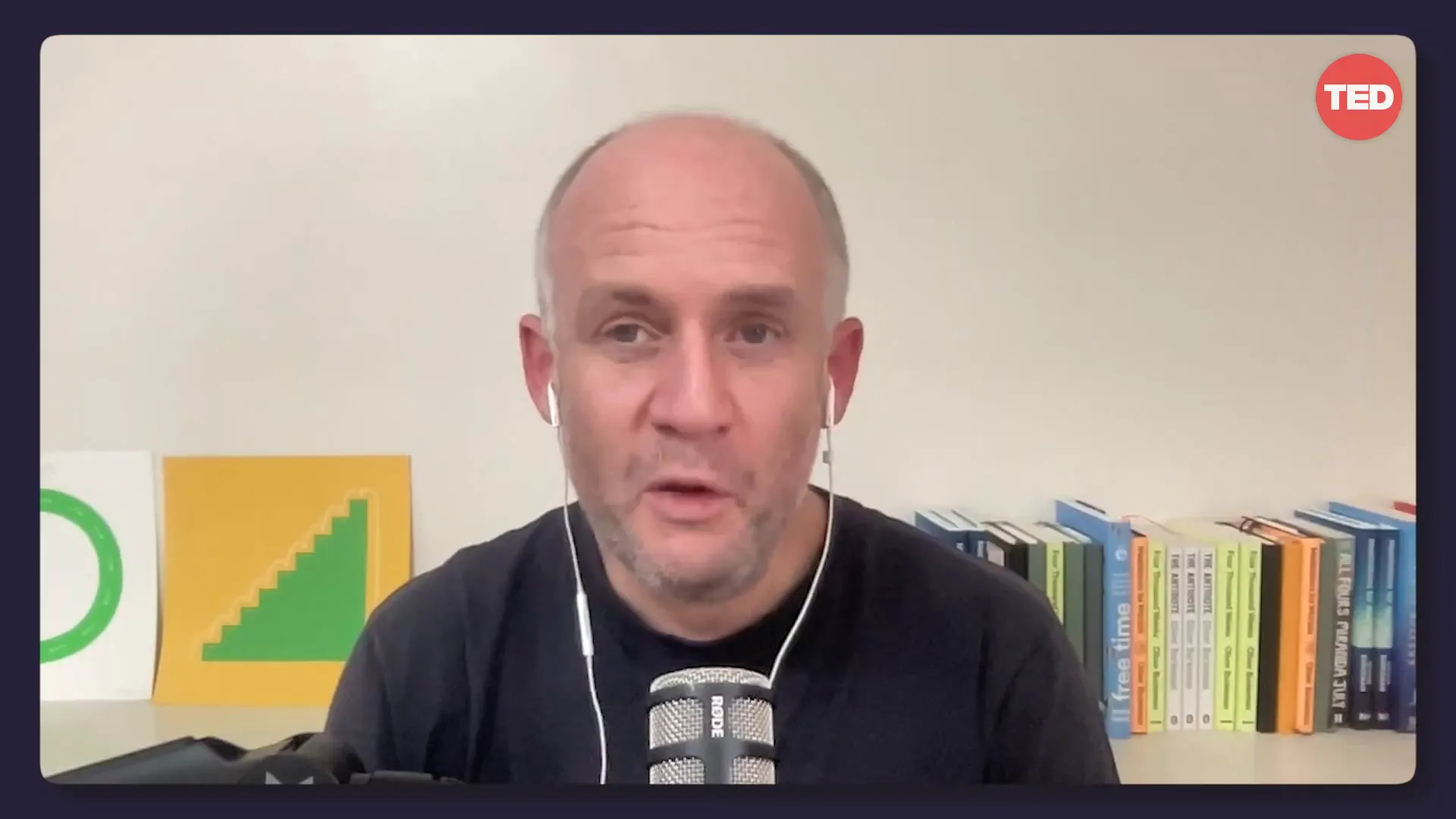
The Quest for Self-Improvement
Self-improvement is a noble pursuit, but it can also become a source of stress. Burkeman highlights the paradox of striving to be 'better'—the more we chase an idealized version of ourselves, the more we may feel inadequate. This quest often leads to a cycle of dissatisfaction.
Instead of aiming for a constantly improved self, we should focus on being the best version of who we are right now. This shift in mindset allows us to celebrate our unique qualities and acknowledge our imperfections. Embracing ourselves as we are can lead to genuine growth and fulfillment.
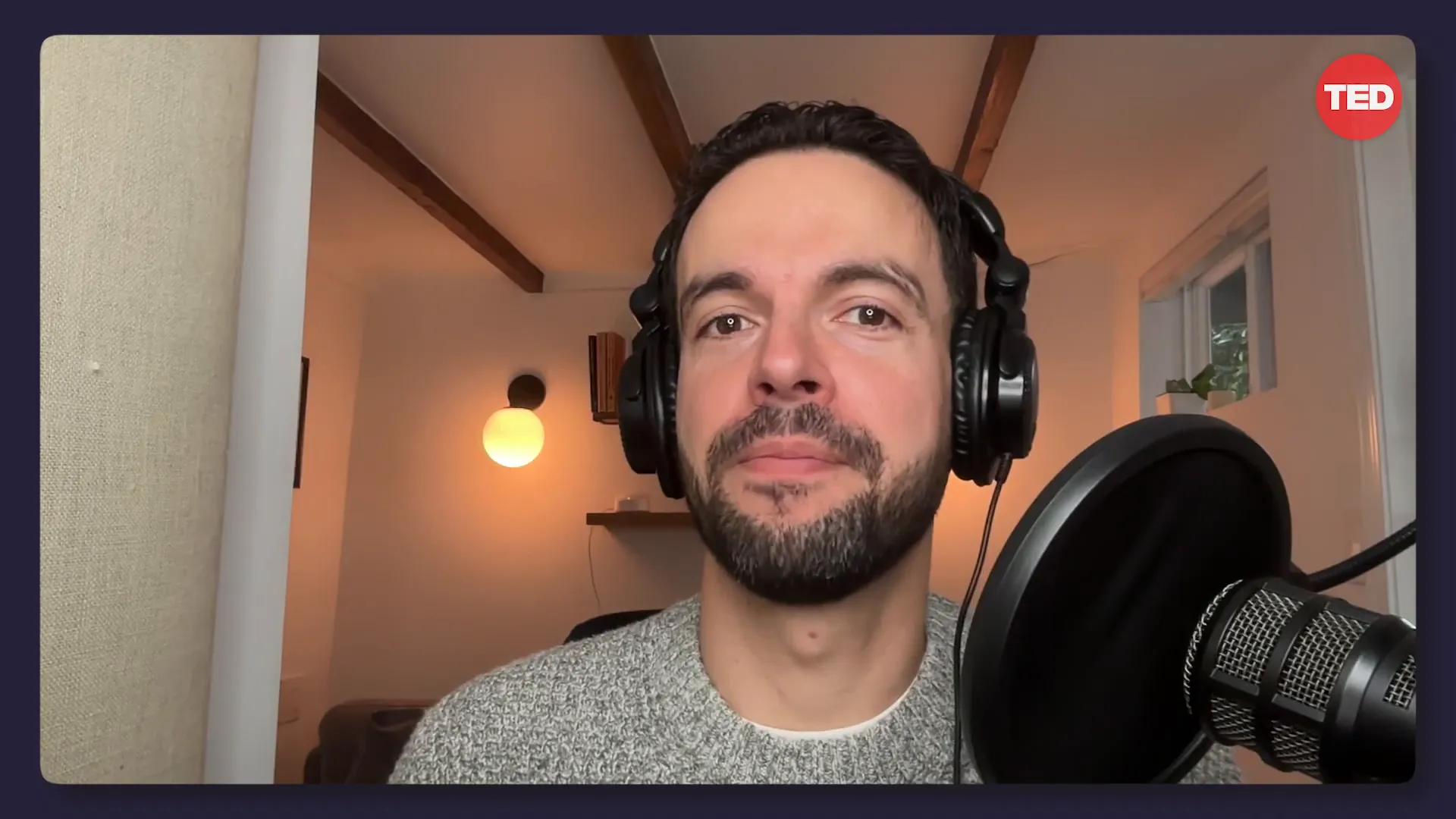
The Paradox of Self-Acceptance
Self-acceptance is often seen as a prerequisite for change, yet it presents a paradox. As Burkeman notes, accepting ourselves as we are does not mean we cannot change; rather, it can be a catalyst for transformation. When we stop fighting against our flaws, we create space for authentic growth.
This paradox invites us to explore what it means to be ourselves fully. By acknowledging our imperfections and quirks, we can find freedom in authenticity. This acceptance empowers us to take action, rather than waiting for an idealized version of ourselves to emerge.
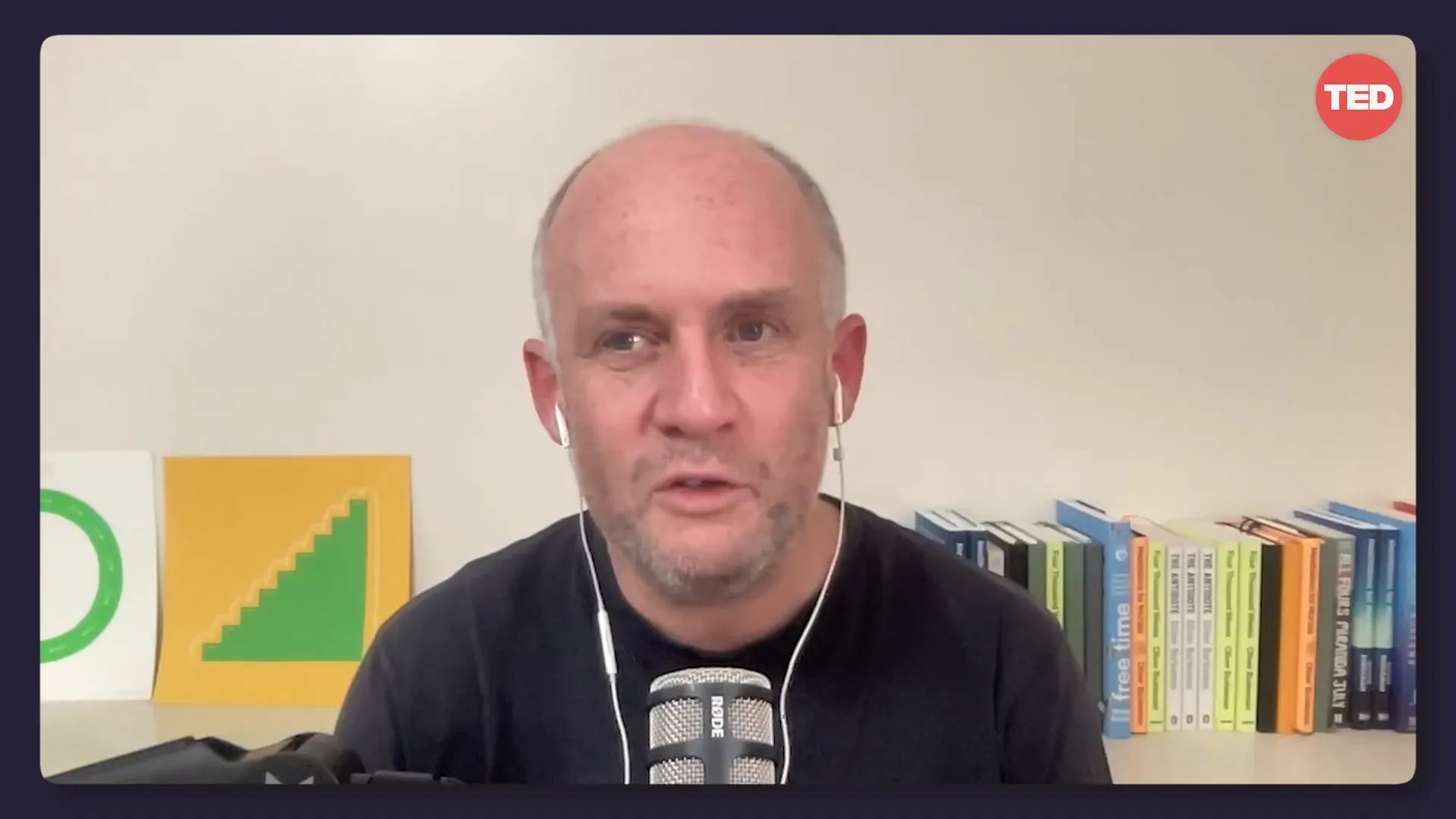
Navigating Personal Flaws
Understanding and navigating our personal flaws is an essential aspect of self-acceptance. Burkeman encourages us to confront the traits we wish to change, recognizing that they are part of our human experience. Instead of viewing them as barriers, we can see them as opportunities for growth.
This approach requires compassion towards ourselves. It’s about acknowledging that everyone has imperfections and that these do not define our worth. By accepting our flaws, we can learn to manage them without letting them control our lives.
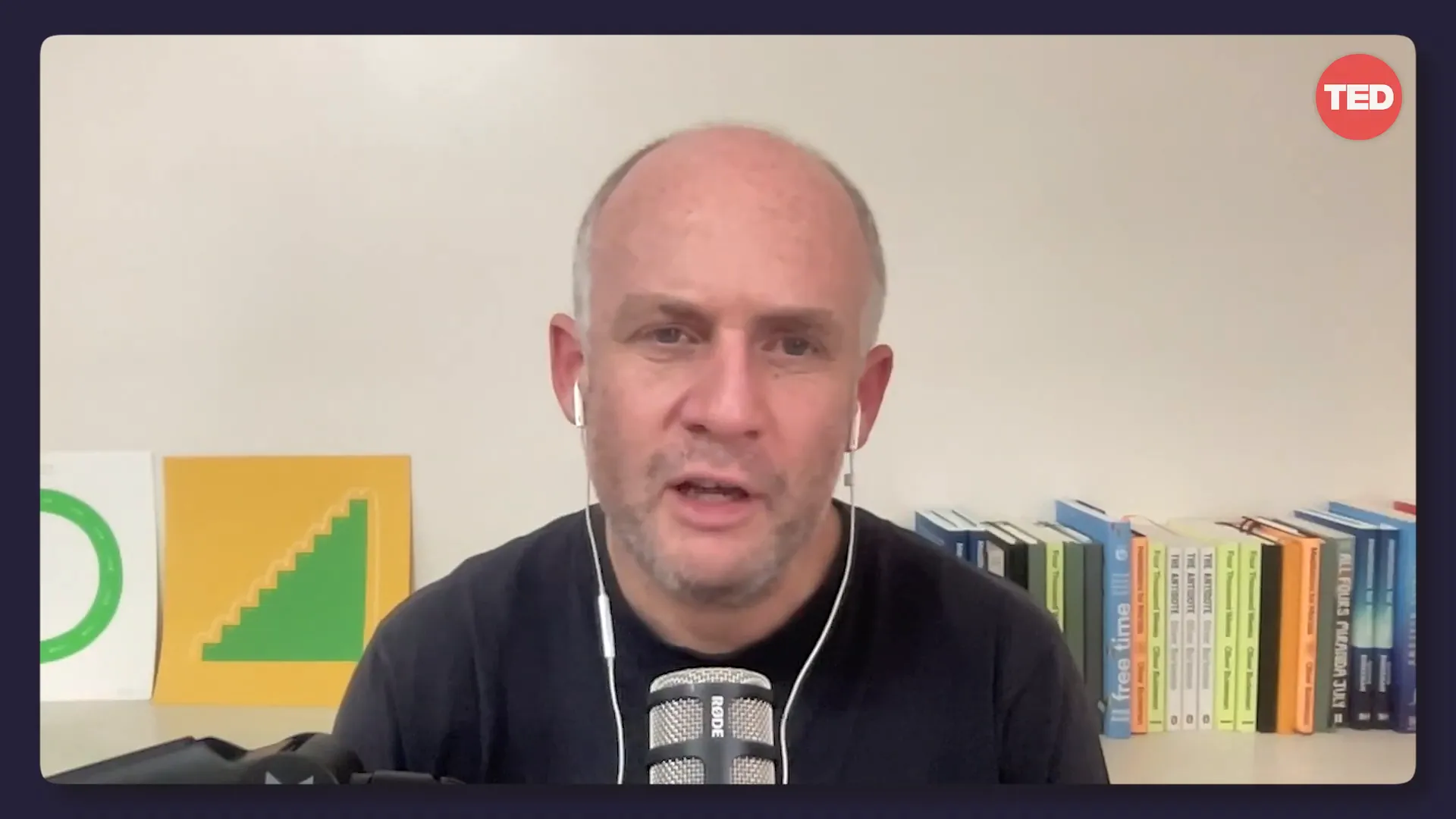
Embracing Our Imperfections
Embracing our imperfections is a powerful step towards living a fulfilling life. Burkeman argues that our flaws contribute to our authenticity and uniqueness. Instead of striving for an unattainable standard of perfection, we can celebrate the beautiful messiness of being human.
This acceptance fosters resilience and allows us to connect more deeply with others. When we acknowledge our imperfections, we create space for vulnerability and honesty in our relationships. This connection is vital for a rich and meaningful life.
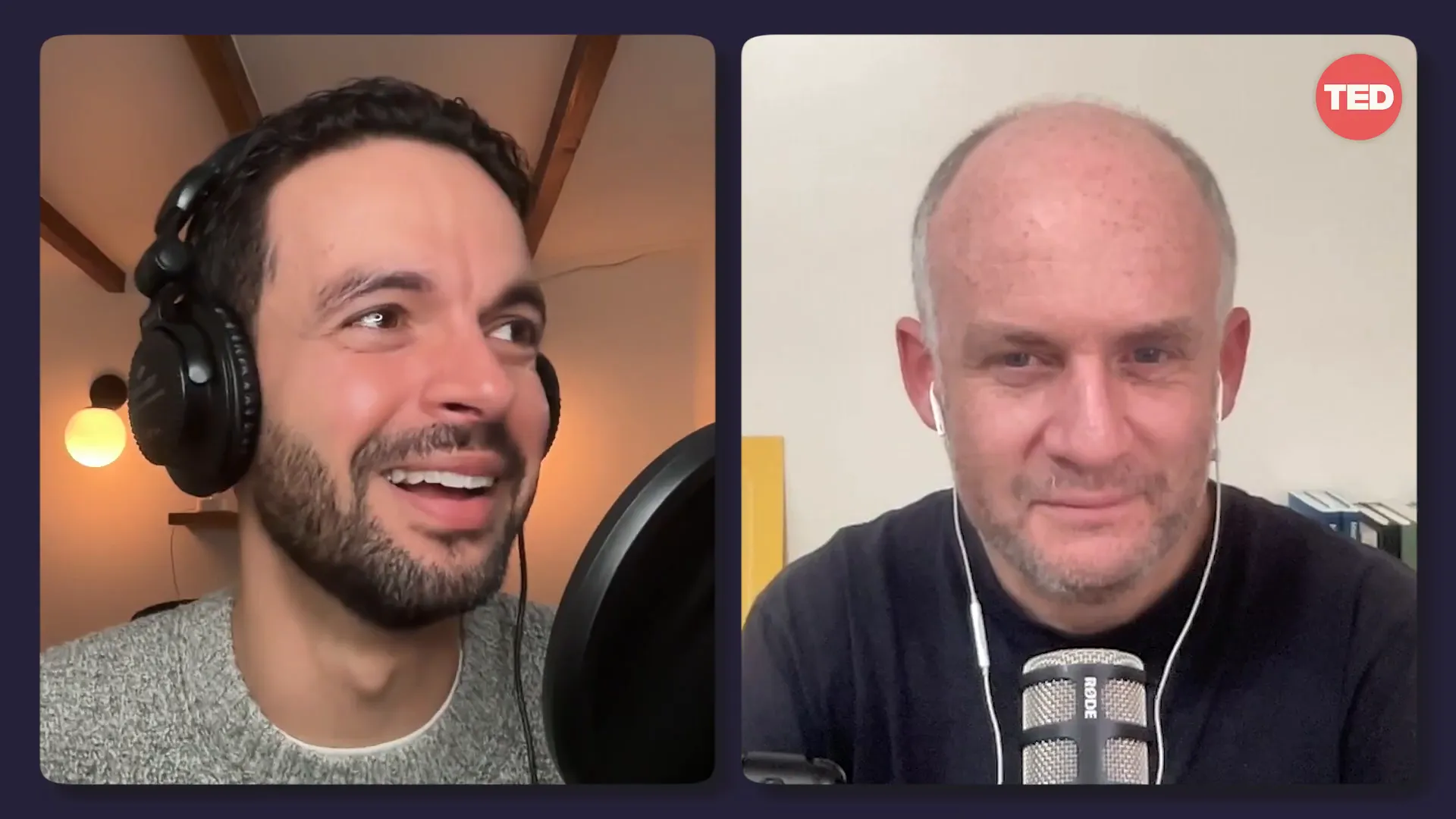
The Role of Humor in Life
Humor serves as a profound tool in navigating the complexities of existence. It allows us to confront our struggles with a sense of lightness, transforming difficult experiences into relatable stories. As we laugh, we create connections with others, sharing the commonality of our imperfections.
In the words of Oliver Burkeman, “almost everything in life is either a good time or a good story.” This perspective encourages us to view our challenges not merely as setbacks but as opportunities for humor and growth. When we embrace the funny side of life, we foster resilience and deepen our understanding of the human experience.
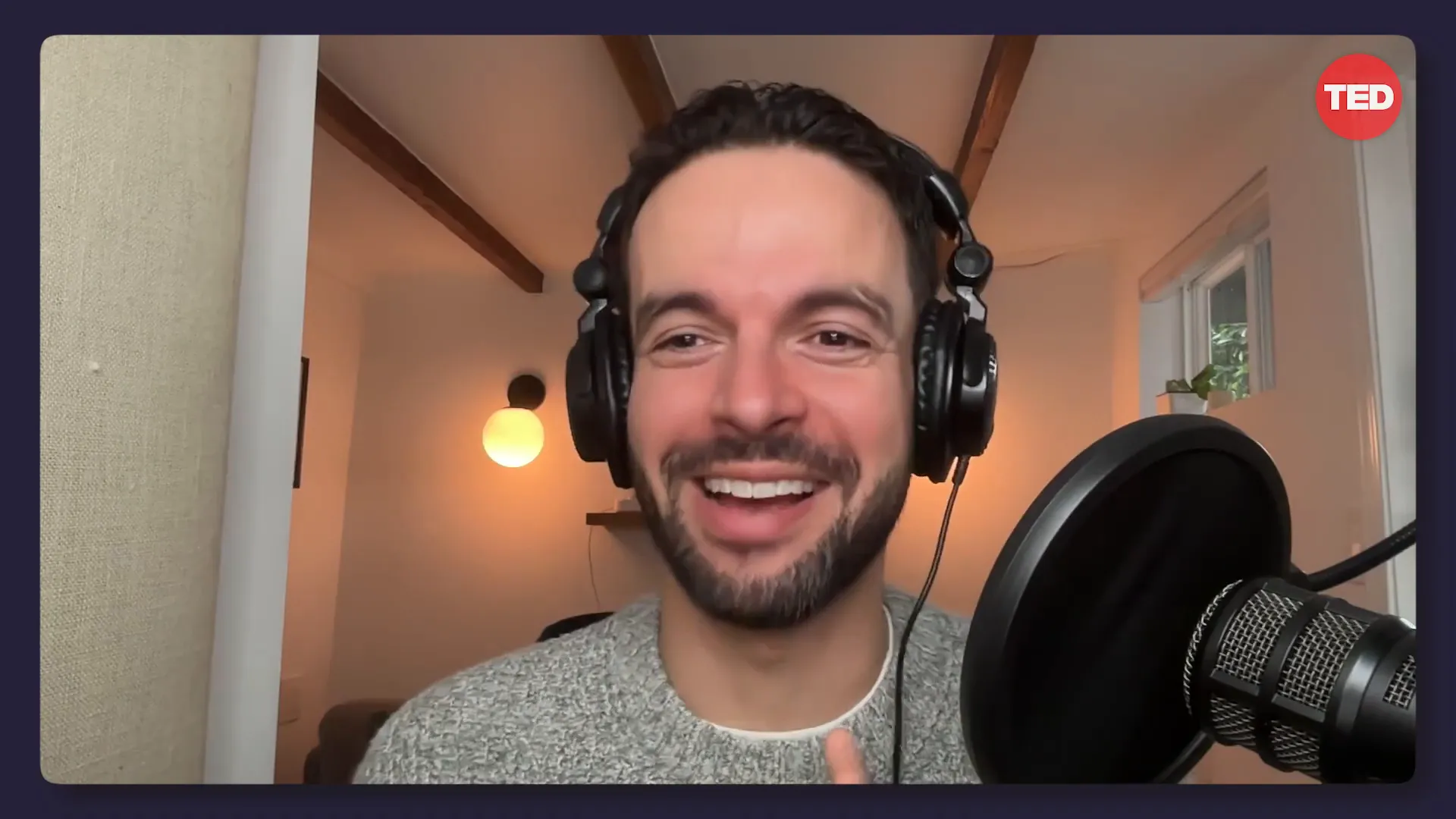
Proceeding as the Way Opens
The phrase "proceed as the way opens" encapsulates the essence of navigating life’s uncertainties. It invites us to take one step at a time, acknowledging that we don’t need to have everything figured out. This mindset encourages a focus on action rather than perfection, allowing us to embrace the journey instead of fixating solely on the destination.
Incorporating this approach into our lives can lead to unexpected opportunities and growth. It’s about trusting the process and being open to the possibilities that unfold along the way. By adopting this perspective, we empower ourselves to move forward, even in the face of ambiguity.
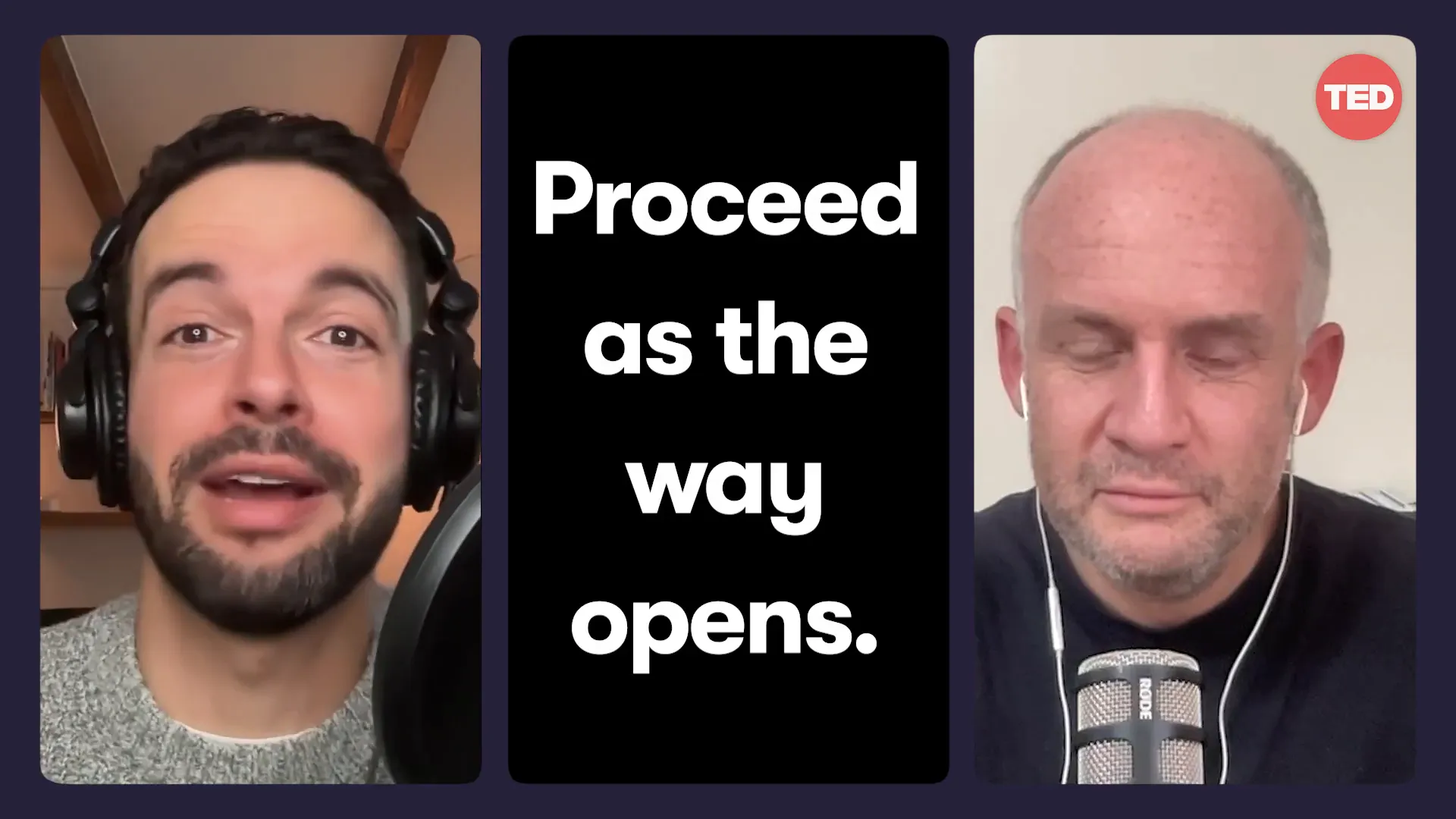
The Power of a Done List
A "done list" is more than just a productivity tool; it's a powerful way to shift our mindset. By recording our accomplishments throughout the day, we can combat feelings of inadequacy and overwhelm. Instead of measuring success against an infinite list of tasks, we can celebrate the tangible progress we’ve made.
Burkeman suggests that this practice helps us focus on what we have achieved rather than what remains undone. It fosters a sense of satisfaction and encourages us to continue taking action, no matter how small. By cultivating this habit, we can build momentum and create a positive feedback loop that enhances our productivity and well-being.
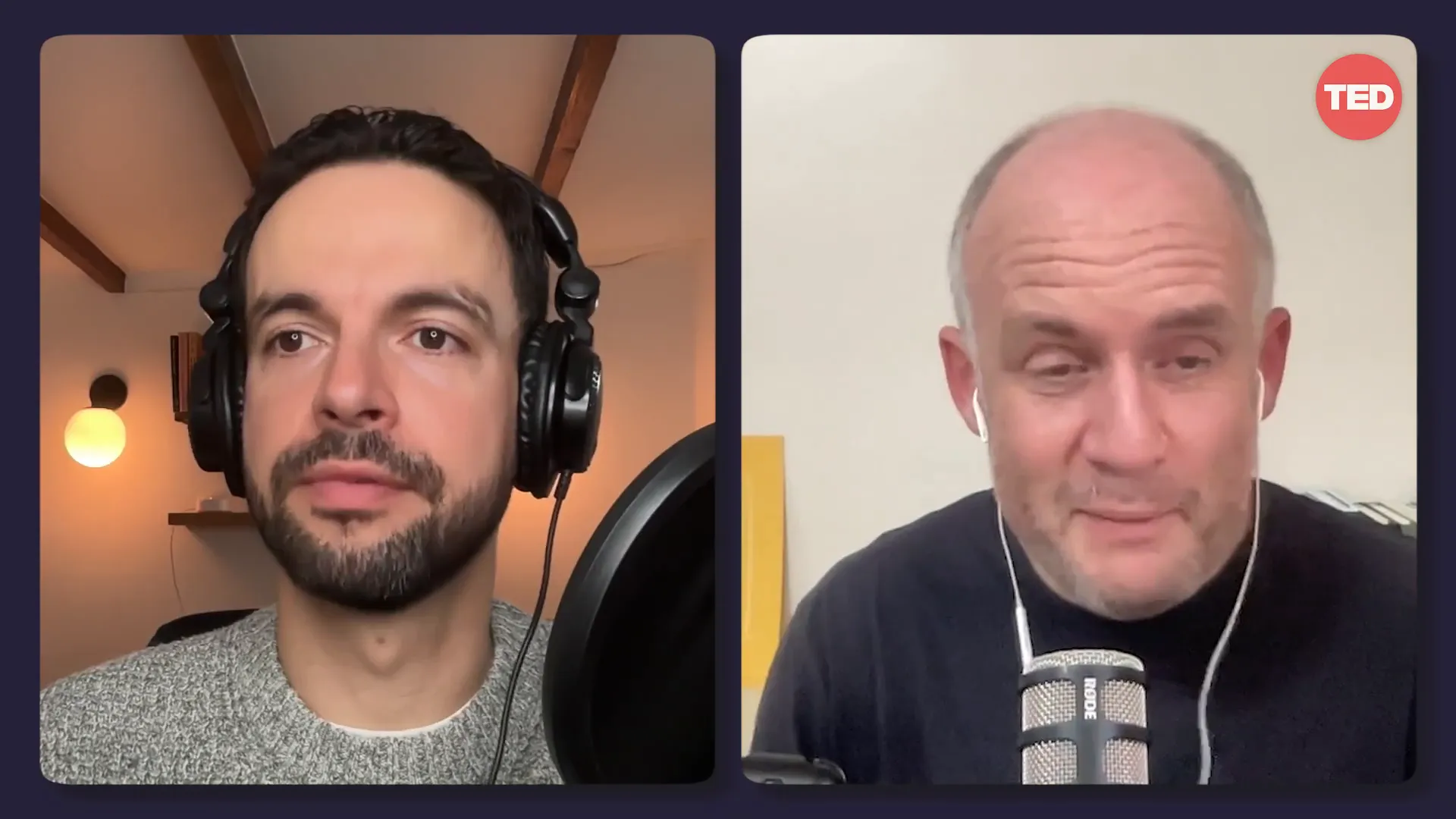
The Importance of Connection
Connection is a fundamental aspect of the human experience. Burkeman emphasizes that our struggles and imperfections can serve as bridges to deeper relationships. When we share our vulnerabilities, we create an environment where others feel safe to do the same, fostering authentic connections.
Being open about our challenges not only liberates us but also allows others to relate to our experiences. This shared understanding can strengthen bonds and create a supportive community. Whether through humor, storytelling, or simply being honest, cultivating connection is essential for a fulfilling life.
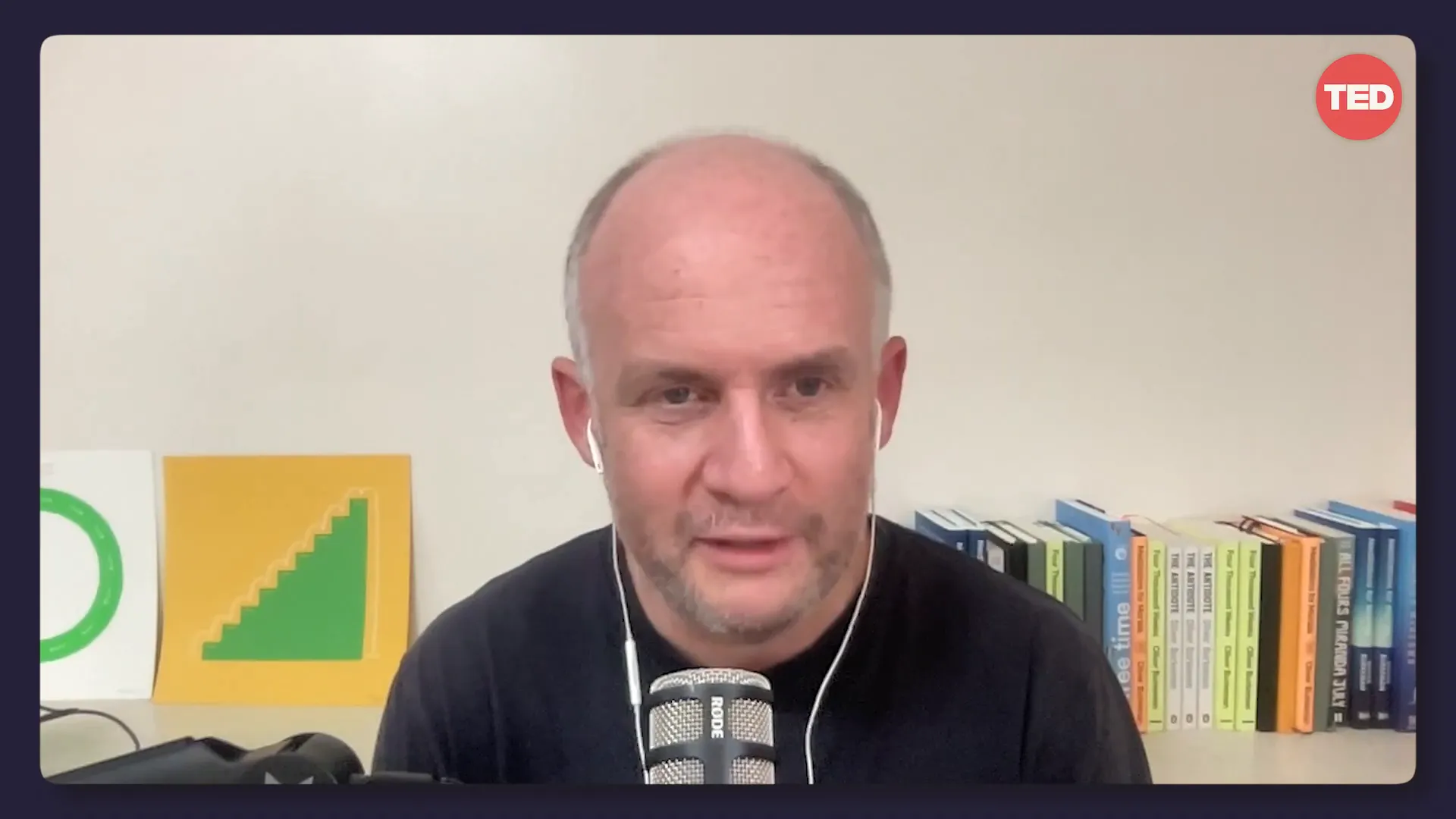
Sharing Imperfections as Generosity
Sharing our imperfections is an act of generosity. It allows others to see that they are not alone in their struggles. Burkeman points out that when leaders and mentors openly discuss their challenges, they create a culture of authenticity and support.
This openness can inspire others to acknowledge their own flaws and embrace their humanity. It’s a reminder that perfection is not the goal; rather, it’s about being real and relatable. By sharing our stories, we contribute to a more compassionate and understanding world.
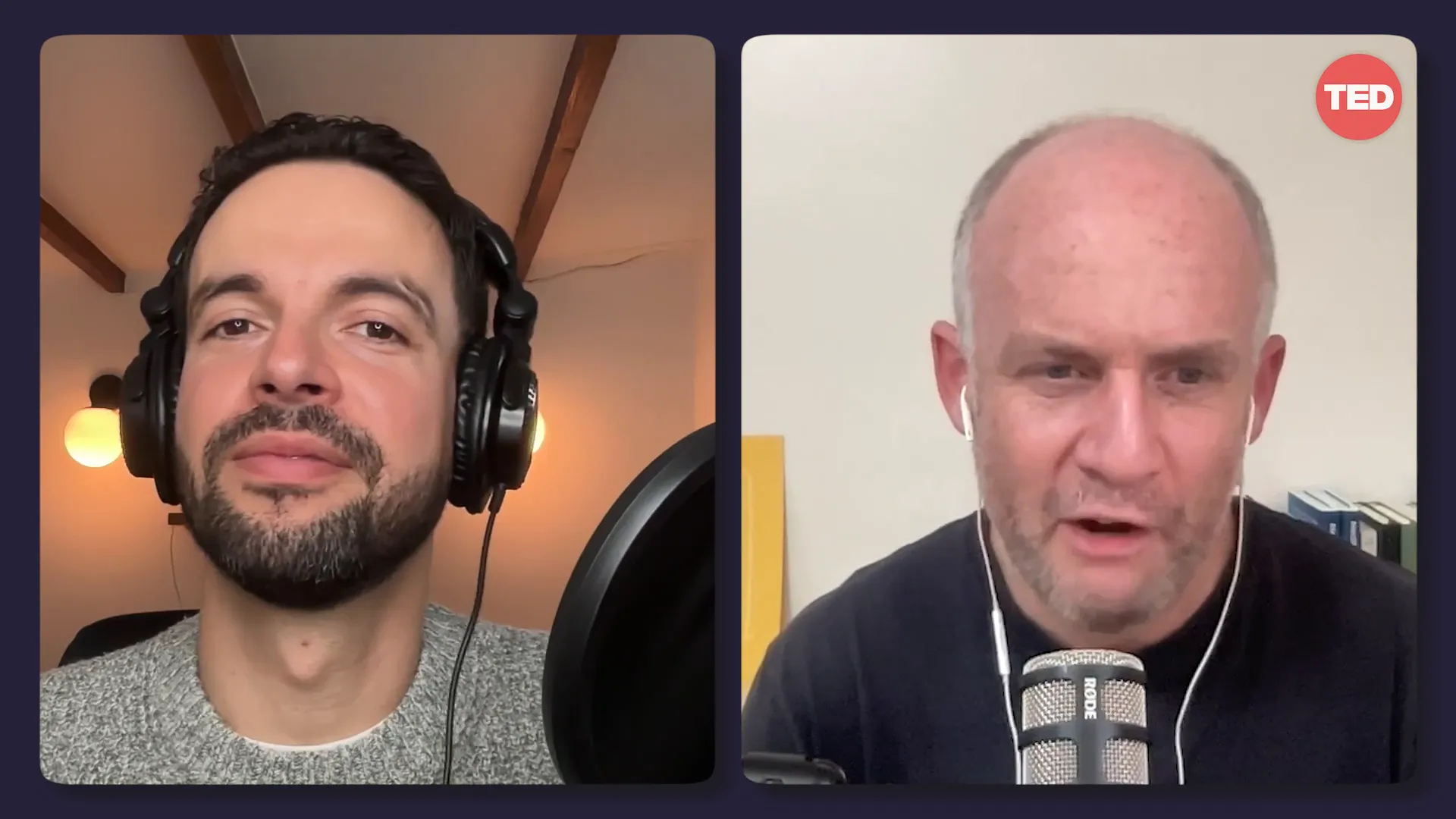
FAQs
What is the significance of humor in our lives?
Humor helps us cope with challenges, fosters connections, and transforms difficult experiences into relatable stories.
How can I proceed as the way opens?
Focus on taking one step at a time, embracing uncertainty, and trusting the process without needing to have everything figured out.
What is a done list and how can it help me?
A done list is a record of your completed tasks that shifts your focus from what remains to what you have achieved, fostering a sense of accomplishment.
Why is connection important in our lives?
Connection allows us to share our vulnerabilities and experiences, creating a supportive community that enhances our overall well-being.
How does sharing imperfections benefit others?
Sharing imperfections fosters relatability and authenticity, encouraging others to embrace their own flaws and create a culture of understanding.